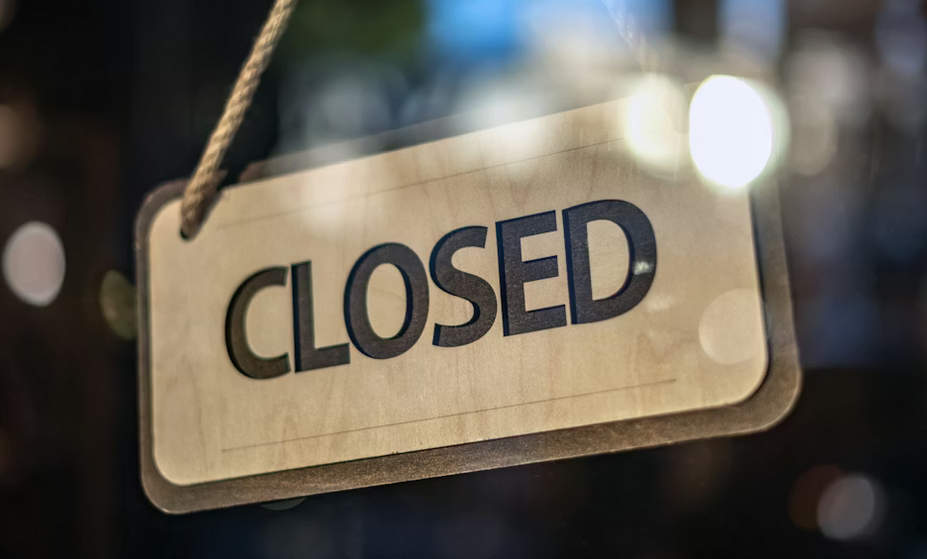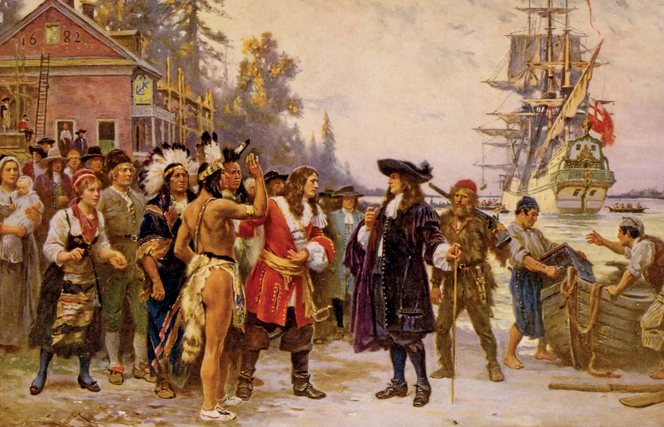Pennsylvania: The Birth of a Quaker Commonwealth
The charter, signed by the king, outlined the boundaries of the colony and granted Penn significant powers as its proprietor. Penn was responsible for establishing a government, enacting laws, and overseeing the colony's development. He envisioned a colony based on principles of religious tolerance, social equality, and fair treatment of Native Americans.
In October 1682, Penn arrived in the New World and founded the city of Philadelphia, which he envisioned as a "holy experiment" in religious and social harmony. Philadelphia quickly became a thriving port city and a center of commerce and culture.
Penn's Frame of Government, established in 1682, laid the groundwork for a democratic system of government in Pennsylvania. It included provisions for religious freedom, fair trials, and elected representatives. The colony's progressive policies attracted a diverse population of settlers from Europe, including Quakers, Germans, Scots-Irish, and others seeking religious freedom and economic opportunity.
The colony of Pennsylvania flourished under Penn's leadership, becoming a model of religious tolerance and economic prosperity. However, Penn's vision was not without its challenges. Conflicts with Native Americans and tensions with neighboring colonies tested the colony's commitment to peaceful coexistence.
Despite these challenges, Pennsylvania continued to thrive and grow. By the time of the American Revolution, it was one of the largest and most prosperous colonies in British North America. Pennsylvanians played a crucial role in the struggle for independence, with Philadelphia serving as the meeting place for the Continental Congress and the site of the signing of the Declaration of Independence.
The legacy of William Penn and his vision for Pennsylvania continues to shape the state today. Pennsylvania is known for its diverse population, its commitment to religious freedom, and its rich cultural heritage. The state's motto, "Virtue, Liberty, and Independence," reflects the values upon which it was founded.
Pennsylvania's establishment in 1681 marked a turning point in American history, as it paved the way for a more inclusive and tolerant society. The colony's legacy of religious freedom and democratic governance continues to inspire and influence the nation to this day.



